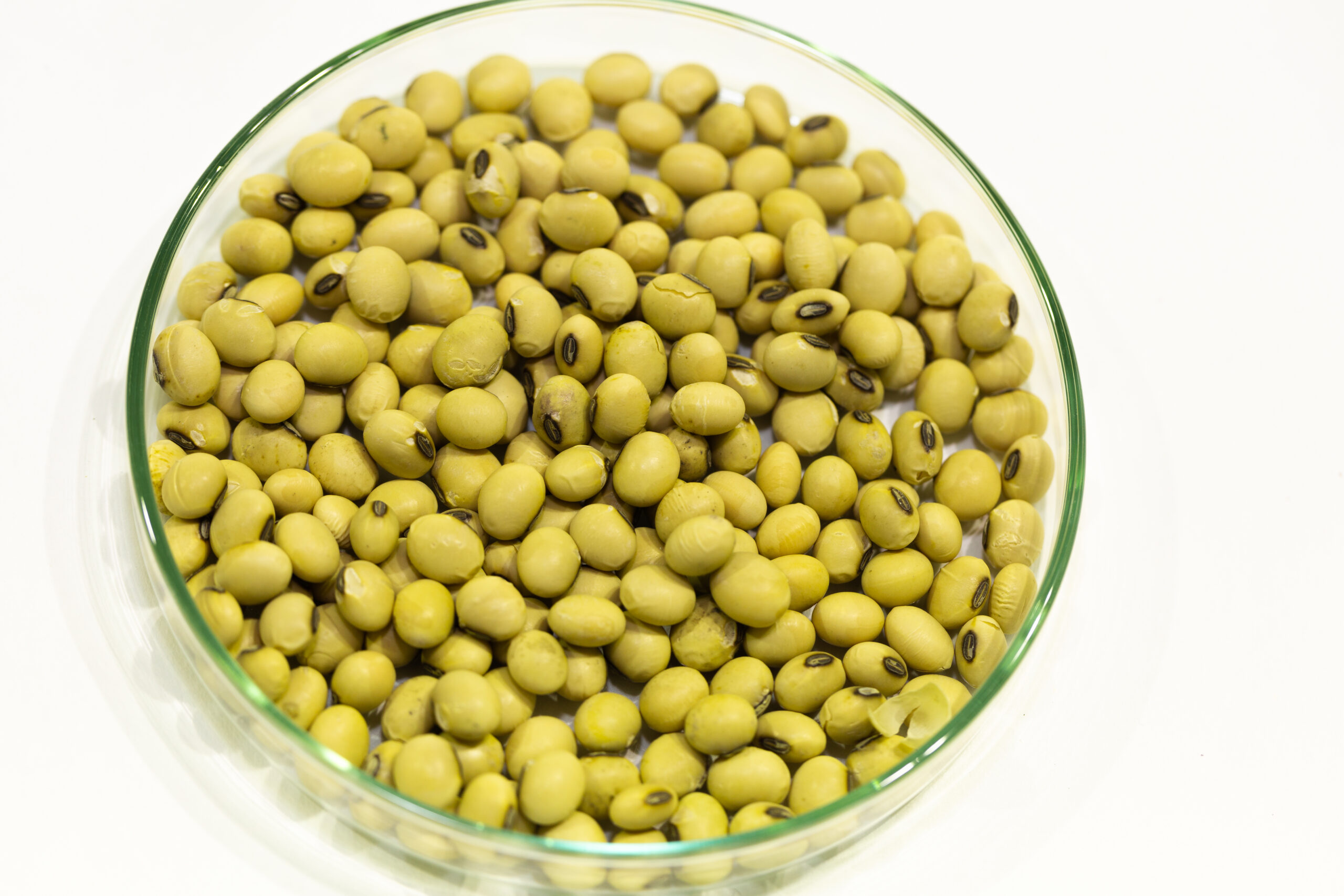
Seed analysis is a crucial procedure in agriculture and horticulture as it helps determine the quality of seeds before planting. Various types of seed analyses can be conducted to evaluate different characteristics. Some of the most common types of seed analyses include:

1. Purity analysis: This assesses the presence of impurities in the seeds, such as other seeds, inert material, debris, and non-viable seeds. It’s important to determine the proportion of pure seeds in a batch.
2. Germination analysis: Germination analysis verifies the seeds’ capacity to germinate under ideal conditions. It involves counting the seeds that have germinated and their germination rate. It’s a critical indicator of seed viability.
3. Vigor test: This test evaluates the seeds’ ability to germinate under adverse conditions such as extreme temperatures, lack of water, or biotic stress. The vigor test helps predict seed performance in the field.

4. Accelerated aging test: This test subjects the seeds to stressful conditions like high temperature and humidity to assess their longevity and storage resistance.
5. Tetrazolium test: The tetrazolium test involves immersing seeds in a tetrazolium solution to assess seed viability based on the coloring of internal parts. This test is useful when germination analysis is difficult to conduct.
6. Moisture content: Seed moisture affects their viability and storage. Analyzing moisture content determines the amount of water in the seeds and is crucial for proper storage.

7. Thousand-seed weight test: This involves weighing a sample of a thousand seeds to determine the average weight per seed. The thousand-seed weight is an indicator of seed size uniformity and can be used to calculate the appropriate sowing rate.
8. Disease and pathogen analysis: In some crops, it’s important to check for the presence of diseases and pathogens in seeds, which can affect plant health.
The choice of seed analysis types to be conducted depends on the crop type, local regulations, and farmer’s objectives. Conducting seed analyses is fundamental to ensuring crop success and the quality of cultivated plants.
The tests are conducted according to Seed Analysis Rules (RAS), and the laboratory is authorized to perform the tests after accreditation by the Ministry of Agriculture, Livestock, and Supply (MAPA).
References:
* Regras para análise de sementes / Ministério da Agricultura, Pecuária e Abastecimento. Secretaria de Defesa Agropecuária. – Brasília : Mapa/ACS, 2009. 399 p.